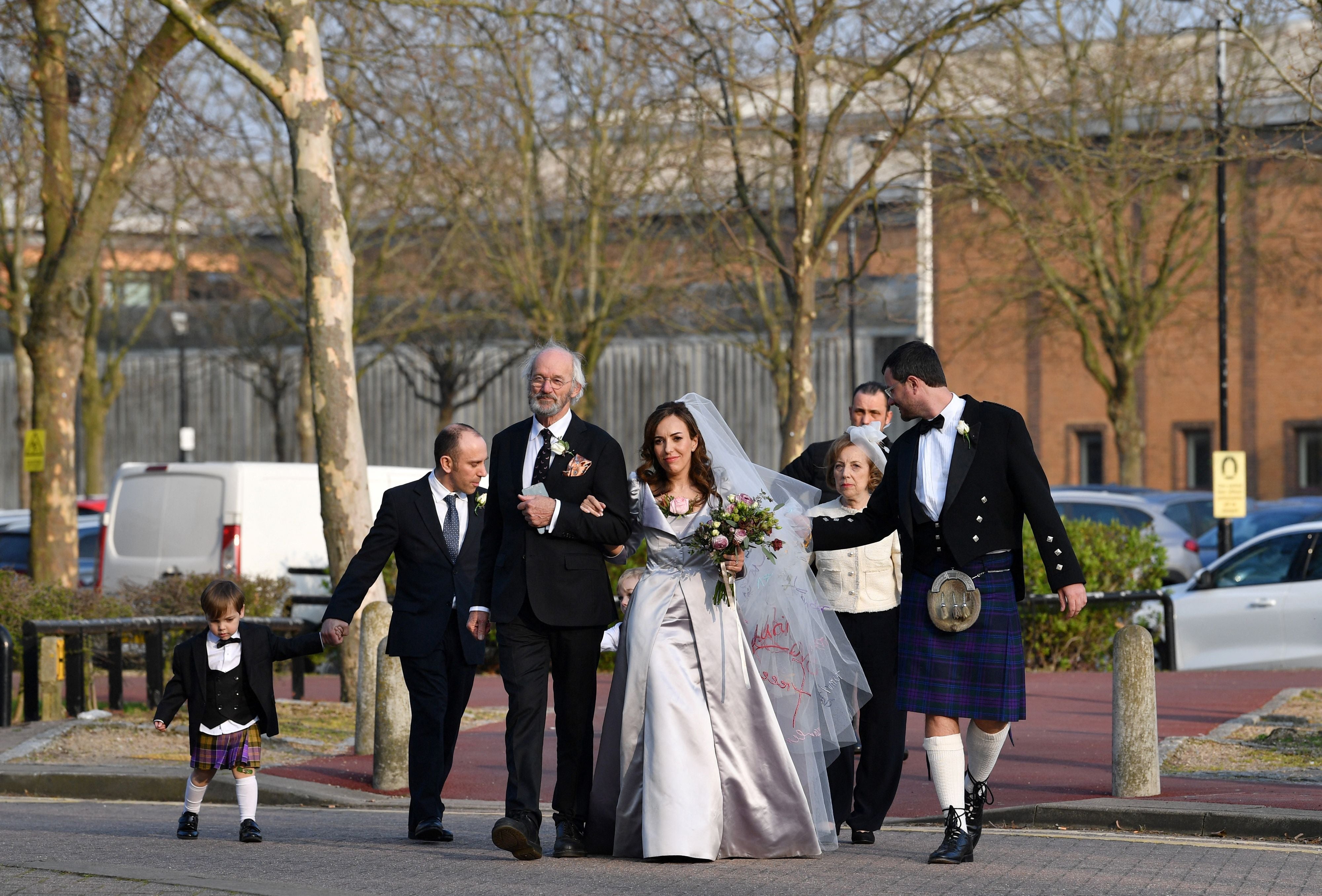
Julian Assange’s extradition to the United States moved one step closer today with a London court issuing an order for his transfer to the country to face charges of espionage.
The WikiLeak’s founder is wanted in America over the publication of hundreds of thousands of leaked documents relating to the Afghanistan and Iraq wars.
Mr Assange has been trying to halt the extradition through the courts for years and a district judge banned the handover in January 2021, saying that he was at real risk of suicide if he went to America.
However, the US was allowed to appeal the decision and the High Court ruled in their favour. Last month, the UK’s highest court, the Supreme Court, confirmed that Mr Assange’s team could not appeal the decision to extradite him to the United States.

Westminster Magistrates’ Court has now issued an order to extradite the WikiLeaks founder, bringing his transfer to the US ever closer. It is now down to the Home Secretary Priti Patel to approve the order.
A judge issued the order at a brief hearing on Wednesday but the move doesn’t exhaust all legal options for Mr Assange. His lawyers now have four weeks to make submissions to Ms Patel and can also seek to appeal to the High Court.
However Director of Operations at Reporters Without Borders, Rebecca Vincent, who was at the hearing, reported that Mr Assange’s team will not be able to further appeal until the extradition order has been signed.
Mr Assange made headlines around the world after his organisation published a series of leaks provided by US army intelligence analyst Chelsea Manning.
The leaks included 75,000 documents related to the war in Afghanistan and around 390,000 army field reports relating to the war in Iraq.
Mr Assange, who married his fiancee Stella Moris last month, has been held in Belmarsh prison for three years since he was dragged out of the Ecuadorean embassy in London where he had been taking refuge.







